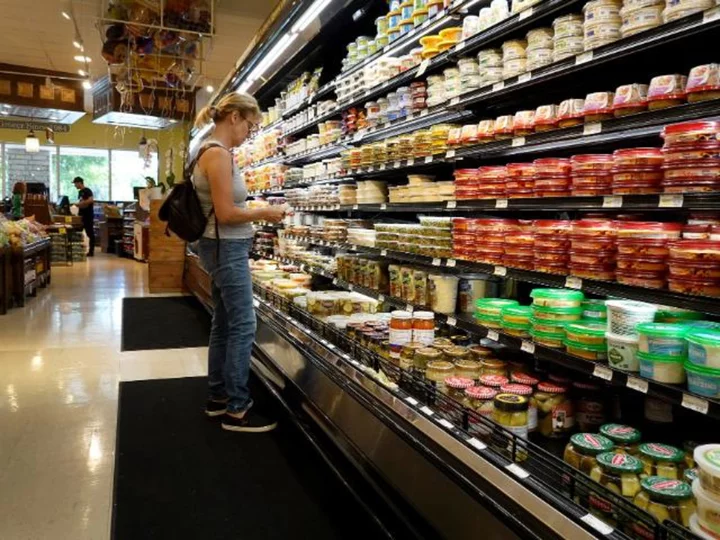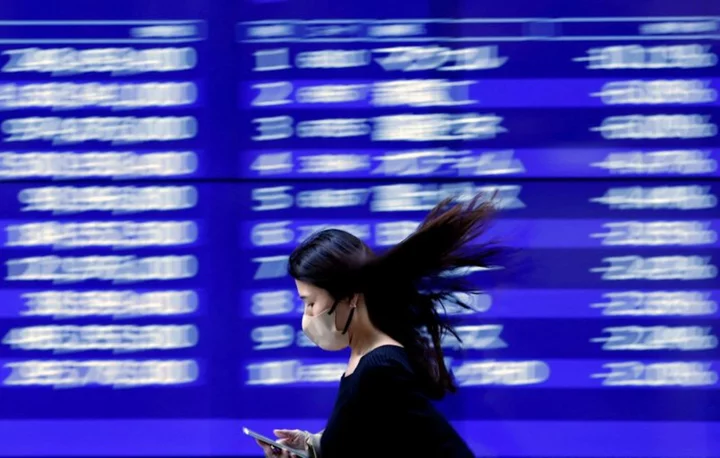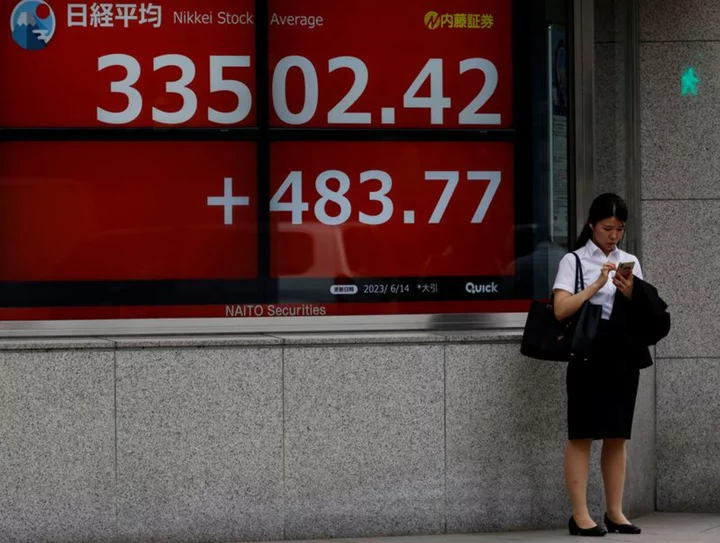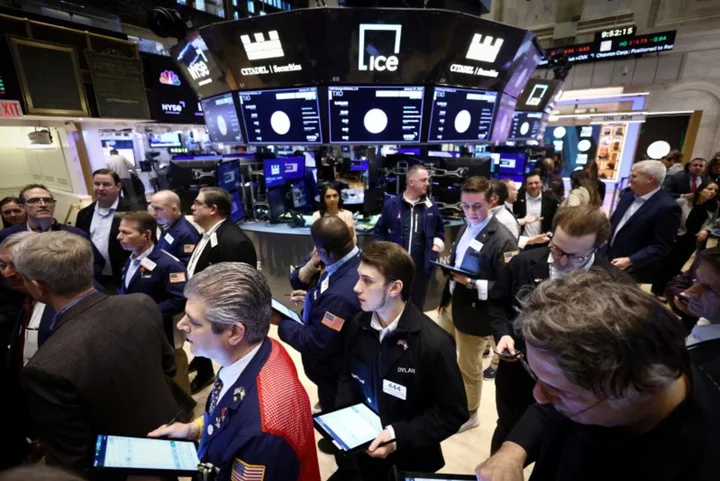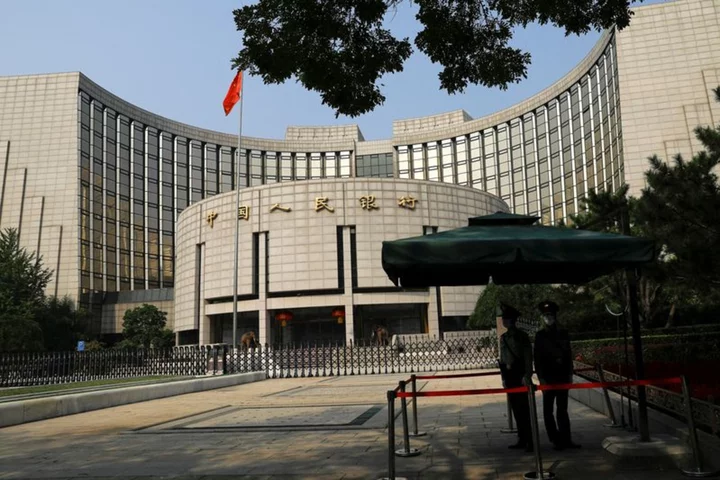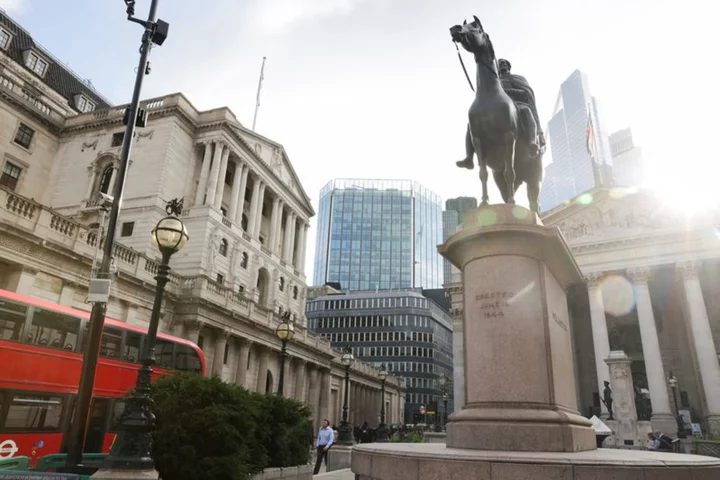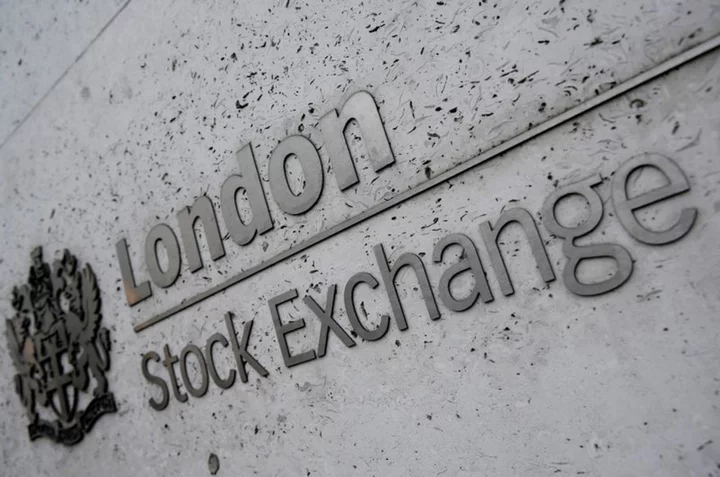US consumer prices rose 3.2% for the 12 months ending in July, according to the latest Consumer Price Index, which landed Thursday. That compares to 3% in June.
It's the first month in a year's span that the annual inflation rate accelerated. But don't slam that panic button just yet.
"Don't be fooled by the uptick in [year-over-year] inflation," noted Julia Pollak, chief economist for ZipRecruiter. "Inflation is slowing and doing so across a broader range of goods and services."
Economic data always comes with its fair share of caveats. Typically, those include how monthly rates and individual components — such as gas, food and shelter — can be volatile. But economists are digging into the data to see how it all breaks down.
If prices rose over the course of a year like they have for the past three months, inflation would be more like 2%, Joe Brusuelas, principal and chief economist for RSM US, told CNN.
Those numbers are getting a lot closer to where the Federal Reserve wants to see inflation. The US central bank looks to the core Personal Consumption Expenditures index for its 2% inflation target. In June, core PCE rose 4.2% annually, according to Commerce Department data.
The Fed has a ways to go, but Thursday's CPI report showed that price increases are slowing down. Core CPI — which strips out volatile food and energy prices — rose 0.2% for the month, bringing the annual rate to 4.7%, a notch below June's 4.8%.
"Going forward, I really think you're going to see relief, vis-à-vis the core estimate of inflation, around rents, new vehicles and used vehicles," Brusuelas said.
Gimme (cheaper) shelter: Shelter (i.e. rent) is still playing an outsized role — to say the least — in inflation. In July, shelter costs contributed 90% to the 0.2% monthly uptick.
That could change in the coming months in the most dramatic of fashions, my colleague Anna Bahney reports.
Forecasts from San Francisco Fed researchers suggest we could see the most severe contraction in shelter inflation since the global financial crisis of 2007 to 2009.
"Our baseline forecast suggests that year-over-year shelter inflation will continue to slow through late 2024 and may even turn negative by mid-2024," the researchers wrote. "This would represent a sharp turnaround in shelter inflation, with important implications for the behavior of overall inflation."
The researchers' models cast a fairly wide range for possible movement, with year-over-year shelter inflation in late 2024 estimated at anywhere from negative 9% to positive 2% in the baseline model. Even that upper-end increase would represent a slowing of inflation.
Monthly shelter costs were up 0.4% in July from June and up 7.7% from a year ago. After steadily increasing, year-over-year, shelter inflation has moved down for four consecutive months, from 8.2% in March to 7.7% in July.
Where's the beef? Rising beef prices helped to drive food-at-home inflation 0.3% higher in July, my colleague Danielle Wiener-Bronner reports.
From June to July, adjusted for seasonal swings, the price of uncooked beef roasts spiked 6.5%. Uncooked beef steak prices rose 2.3% and uncooked ground beef rose 1.5%. Altogether, beef and veal got 2.4% more expensive last month.
The higher prices were recorded as the country's beef supplies have been contracting. Extreme drought in recent years caused farmers to rapidly sell cattle because the conditions, plus higher feed costs, made it expensive or impossible to maintain herds. That wave of sales, particularly of cows used to breed, led to supply constraints this year.
Manhattan rents soar to a record high ... again
Rents in New York city set an all-time high in July, reports Anna Bahney.
It's the third time in four months that Big Apple rents notched a new record, and the latest increase comes as leases are getting cheaper in other parts of the country.
The median cost of renting an apartment in Manhattan was $4,400 in July. That's up 6% from a year ago and up 2.3% from June, when rents were at $4,300, according to a report from Douglas Elliman, a brokerage, and Miller Samuel, an appraisal and consultant firm.
All the metrics for rent tracked in the report — including median rent, median rent inclusive of concessions and the average rent — hit record highs. Average rent for all apartments was $5,588.
"It is disappointing for many," said Jonathan Miller, president and CEO of Miller Samuel. "The idea that rents are at their peaks or near peaks doesn't suggest a significant improvement in affordability."
Read more here.
VCs sound alarm on new rules limiting US tech investments in China
The Biden administration's new proposed restrictions on US technology investments in China could deliver a "major blow" to Chinese startups, reports my colleague Michelle Toh.
The Biden administration announced Wednesday it would restrict investments by US venture capital and private equity firms, as well as joint ventures, in Chinese artificial intelligence, quantum computing and semiconductors.
Though the new measures are still taking shape, DCM, a Silicon Valley venture capital firm that manages investments worth more than $4 billion, said the order would change the "manner and structure" of its investments in one area: artificial intelligence.
Officials announcing the restrictions Wednesday repeatedly emphasized their goal was to prevent US capital from aiding China's military — not to hurt China's economy.
Read more here.

